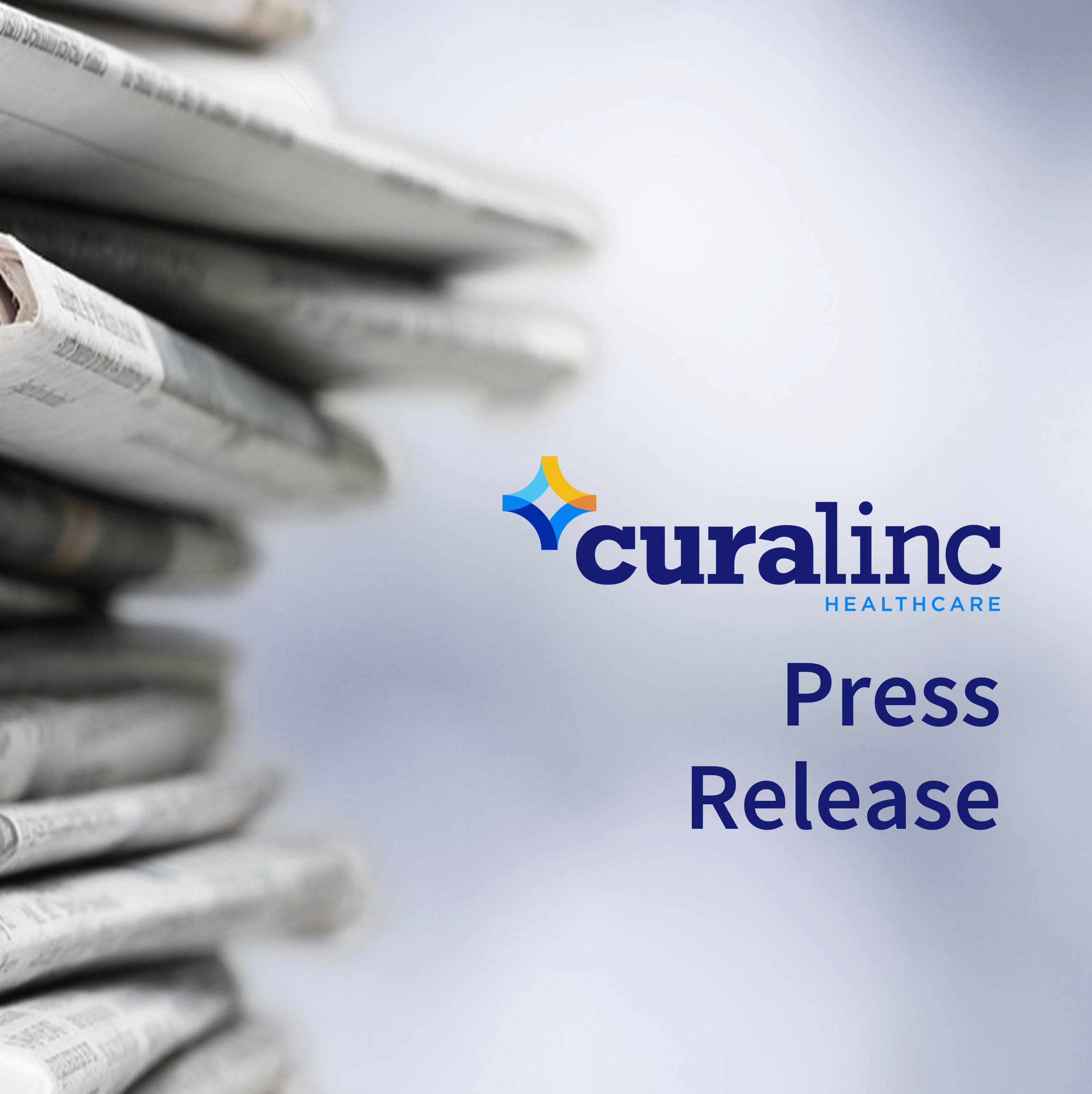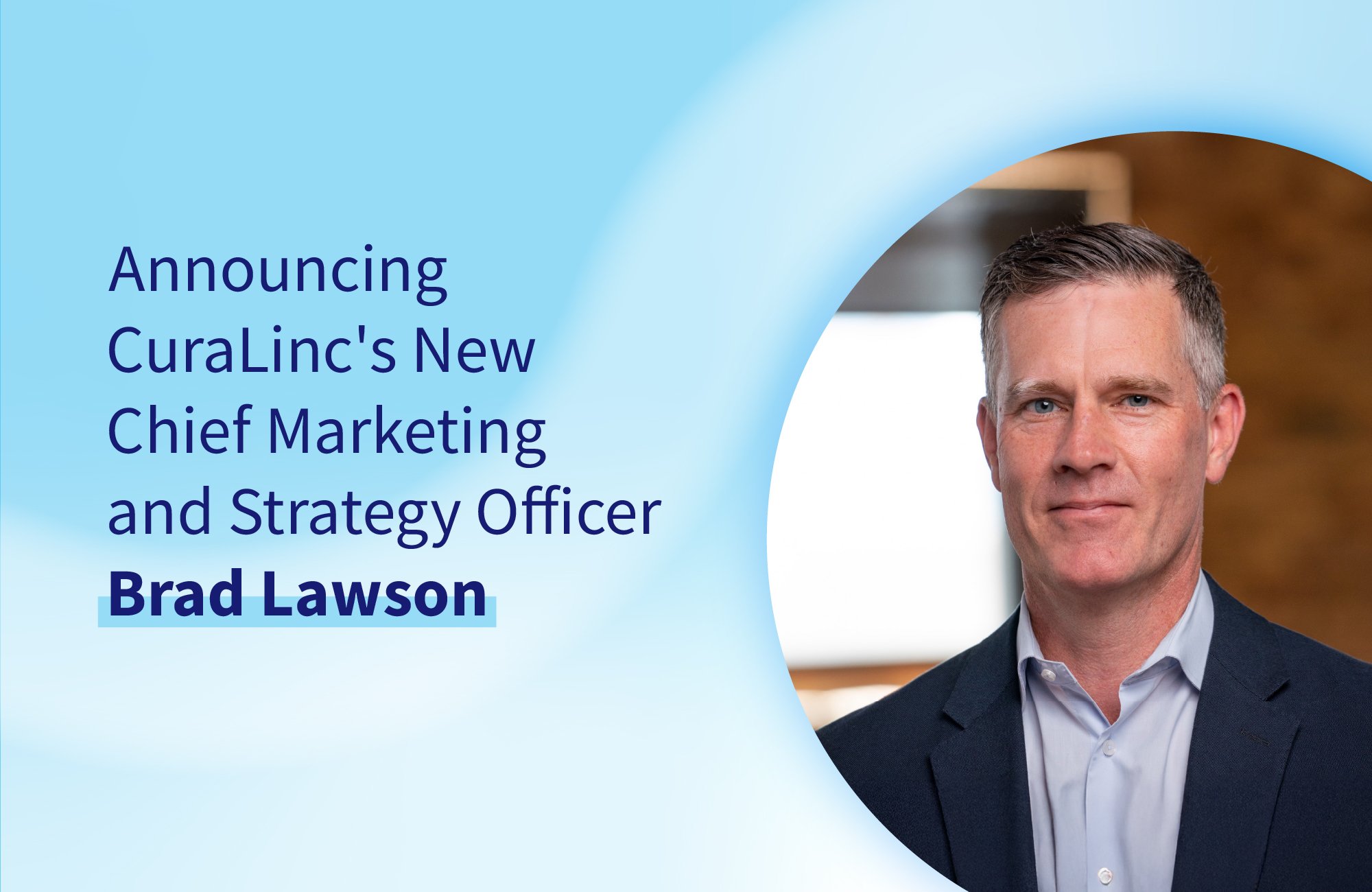Five-year longitudinal analysis finds 84 percent of employees with depression and 78 percent with alcohol use concerns migrated to low- or no-risk after EAP treatment.
August 8, 2022. Chicago, IL. To many employers, the value of an employee assistance program (EAP) is based on the understanding that employees with unresolved mental health, substance use and emotional wellbeing concerns often have troubles in their professional and personal lives that ultimately impact the organization’s bottom line. Historically, EAPs and other workplace mental health providers have used a variety of metrics to illustrate their ability to resolve or mitigate these concerns, such as employee utilization, referrals to external resources, satisfaction surveys or website usage. While these measurements are effective and valuable tools that help employers evaluate the reach of the program, they don't truly measure the impact of the program on employee health, wellbeing and productivity.
New research published in the International Journal of Scientific and Research Publications (Volume 12, Issue 8, August 2022) reinforces how CuraLinc’s unique approach to workplace mental health drives meaningful and lasting behavior change that leads to a decrease in absenteeism, an increase in productivity and improved health outcomes for employees who present with depression or alcohol use.
Depression
84% of employees with depression recovered after EAP treatment to no longer be at-risk.
Only 12% of participants with depression were in a high-risk range after using the EAP, compared to 60% prior to participating in the program.
Productivity
34% of participants had a work productivity problem prior to using the EAP, dropping to 5% after treatment.
Seven out of eight at-risk cases (88%) recovered to no longer have a work productivity problem after using the program.
Absenteeism
The average time missed from work due to the employee’s presenting concern dropped from 9.0 hours during the initial assessment to 1.8 hours after using the program.
Half of EAP users (51%) had zero absences during the month before starting counseling, rising to 91% after completing treatment.
Alcohol Use
At the start of counseling, 66% of employees who presented with alcohol use as a primary or secondary concern were initially classified as risky drinkers or at a more severe level of alcohol misuse, but after counseling, only 14% of cases were at-risk.
After EAP treatment, 86% of employees were no longer at risk for alcohol misuse.
The aforementioned results were an excerpt from a peer-reviewed analysis of 33,683 EAP cases that originated between July 2017 and June 2022. Although data was collected from all participants, including spouses and dependents, only results from covered employees of CuraLinc clients were used in the data set.
CuraLinc used the following clinically validated instruments to measure data from EAP participants.
Stanford Presenteeism Scale (SPS-6): Productivity
Workplace Outcomes Suite (WOS): Absenteeism
Patient Health Questionnaire (PHQ-9): Depression
Alcohol Use Disorders Identification Test (AUDIT): Alcohol Use
CuraLinc offered the SPS-6 and WOS to all employees; and offered the PHQ-9 and AUDIT to employees who presented with depression and alcohol abuse, respectively. After the assessment, CuraLinc followed up at the 30-day mark to measure changes in the employee’s health and productivity, as well as their satisfaction with the EAP.
“Of the metrics available to help employers evaluate a workplace mental health program, one group stands above the rest – health and productivity outcomes.”, said CuraLinc’s Senior Vice President of Administration, David Pawlowski, LCPC, CEAP, SAP. “Year after year, our program drives positive and measurable outcomes that impact not only job performance, but also the overall quality of life for employees who use the program.”
About CuraLinc Healthcare
CuraLinc Healthcare, headquartered in Chicago, provides transformative mental health care fueled by connectivity – marrying technology and personalized advocacy to engage, empower and support employees throughout their care journey. For more information, please call 800.490.1585, email info@curalinc.com or visit curalinc.com. Additional details regarding this study can also be found at IJSRP.org and at EAPOutcomes.com.




